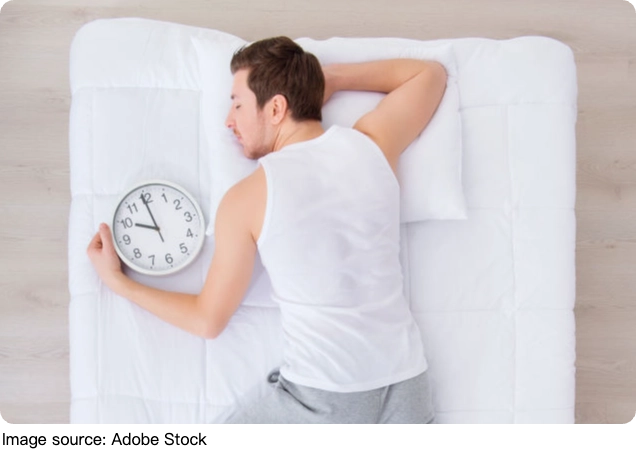Judge Sleep Quality

Sleep is crucial for both physical and mental health, yet many of us struggle to determine if we are getting the quality sleep we need. While the number of hours you sleep is important, the quality of that sleep is just as critical.
Good sleep isn’t just about how long you sleep, but how restorative and refreshing that sleep is. In this guide, we will break down the factors you should consider when assessing the quality of your sleep, from sleep cycles to how you feel when you wake up, with expert insights to help you improve rest.

1. Sleep Duration and Consistency
How Much Sleep Do You Need?
The first step in judging sleep quality is ensuring you're getting the right amount of sleep for your age and lifestyle. While the standard recommendation is 7-9 hours for most adults, individual needs can vary. Children and teenagers typically need more sleep, while older adults may find they need slightly less. However, it’s not just about the quantity but the consistency of sleep. Regularity in your sleep schedule is vital. Going to bed and waking up at the same time each day can help regulate your internal body clock, known as the circadian rhythm, which is essential for deep, restorative sleep.
How Does Sleep Duration Affect Quality?
According to Dr. Lisa Adams, a sleep specialist, "A lack of sleep, or inconsistent sleep patterns, can interfere with your body’s ability to go through all the essential sleep cycles, which directly impacts sleep quality." Interrupted or insufficient sleep means your body misses out on the deeper stages of sleep, like REM (Rapid Eye Movement) and deep sleep, which are essential for cognitive function, memory consolidation, and physical restoration.
2. Sleep Stages and Cycles
Understanding the Sleep Cycle
To evaluate sleep quality, you need to understand the different stages of sleep. Sleep is not uniform—it cycles through different stages, each important for different aspects of health. These include light sleep, deep sleep, and REM sleep, each playing a role in restoring your body and mind.
- Light Sleep (Stage 1 and 2): This is the stage where you first fall asleep and are easily awakened. It’s necessary to transition into deeper stages of sleep.
- Deep Sleep (Stage 3): This is the most restorative sleep, crucial for physical recovery, immune function, and muscle growth.
- REM Sleep: This stage is important for cognitive functions such as memory, learning, and mood regulation. Dr. William Turner, a sleep scientist, states, "Quality sleep involves getting an adequate amount of deep sleep and REM sleep, as these stages are where most of the physical and mental restoration occurs."

How Do You Know If You're Reaching These Stages?
With the advent of sleep tracking technology, wearable devices like the Fitbit or Oura Ring can help monitor your sleep cycles, providing valuable insights into how much time you're spending in each stage of sleep. While not 100% accurate, these tools can give you a good indication of whether you’re getting enough restorative sleep.
The quality of your sleep goes beyond the number of hours you spend in bed. To truly assess whether your sleep is restorative, you need to consider the sleep stages you reach, how consistently you maintain a sleep schedule, how you feel when you wake up, and the environment in which you sleep.


